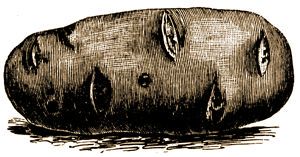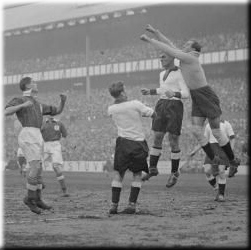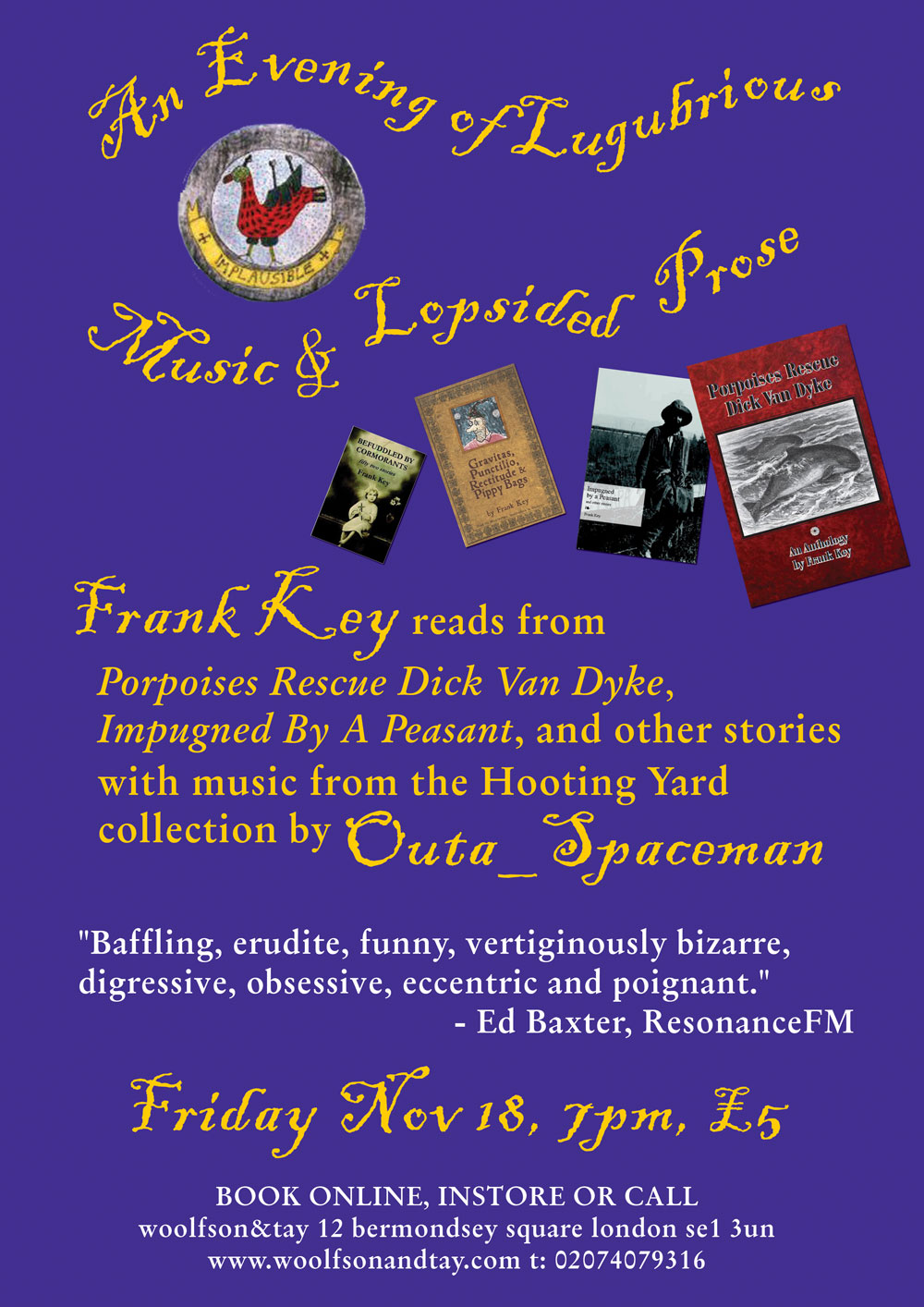Please note that the distance between the aerodrome and the zoo is very great. It is recommended that you wear a pair of stout hiking boots. When disembarking from the aeroplane, beware of propellers! Try to remain unruffled when presenting your bags for inspection at the customs shed. May the Lord have mercy on your soul.
Oops! I forgot to mention that before landing, be sure to pluck the hairs from your chinny chin chin. The regime has grave suspicions about men with beards, and not with reason. The King has spoken, and that is enough.
There are twenty-four points of interest between the aerodrome and the zoo, and I wish I could say that they were arranged alphabetically. In a better-ordered Kingdom, they would be. Alas, the designation of the points of interest fell to a Ministry stuffed with illiterates, rough brutes for the most part, but those who found favour with the King through mighty feats of arms. That is why there is a martial aspect to over half the points of interest, meaning that they may not be everybody’s cup of tea. There will be enforced stops, however, en route.
At each point of interest along the way you will find a kiosk where refreshments may be obtained. Be warned that prices are subject to galloping inflation, so anything I told you now would almost certainly be out of date by the time you embark upon the holiday of a lifetime.
It is, sadly, impossible to get from the aerodrome to the zoo without having to make a crossing of the harsh and inhospitable glinka. Everything you have heard about the glinka is true. You will need some kind of protective clothing against the wind. There are creatures in the wind, you will hear the sound of mandolins, and you will want to cling to your darling, for wild is the wind. If your darling is not accompanying you, more’s the pity.
You will need a pre-stamped ticket to enter the zoo, if you are not torn apart by wolves before you get there. The sentries are chosen for their acuity of vision, and can spot a counterfeit ticket at fifty paces, so do not even think of trying to bluff your way through the magnificent iron gates with a forgery. To labour the point, you will see heads on spikes, their eyes pecked out by birds, all around the perimeter.
No holiday would be complete without a sprint around the perimeter of the zoo, incidentally. You may wish to replace your stout hiking boots with a pair of plimsolls. The King’s Marshals will be on hand to harry you and hector you, with their pointy lances and their guttural shrieks.
The King’s cartographers are working hard on an approved route back from the zoo to the aerodrome. Thus far they have not come up with an officially sanctioned itinerary, so there are several holding camps, with rudimentary ersatz-canvas tents and barbed wire in place next to the bog on the far side of the zoo.




